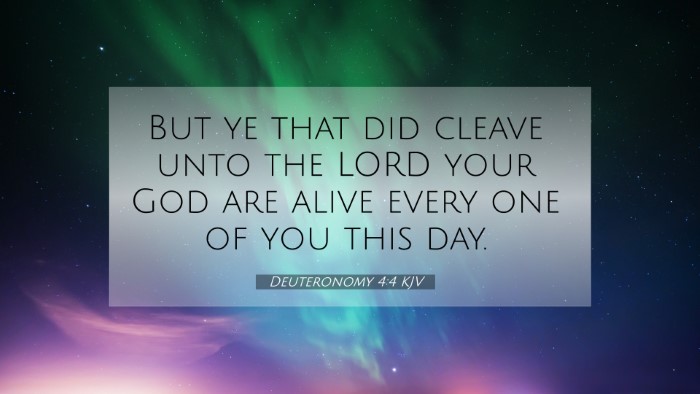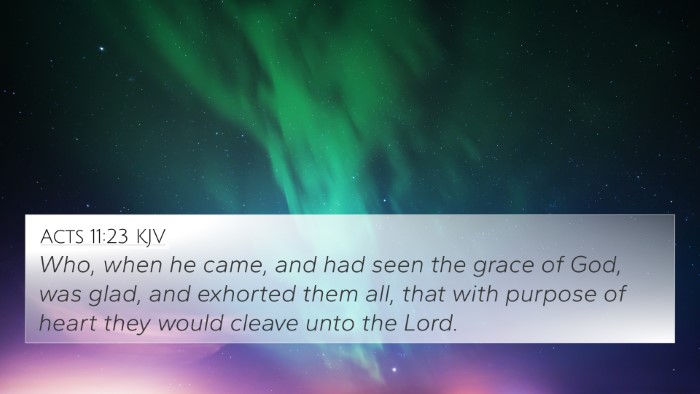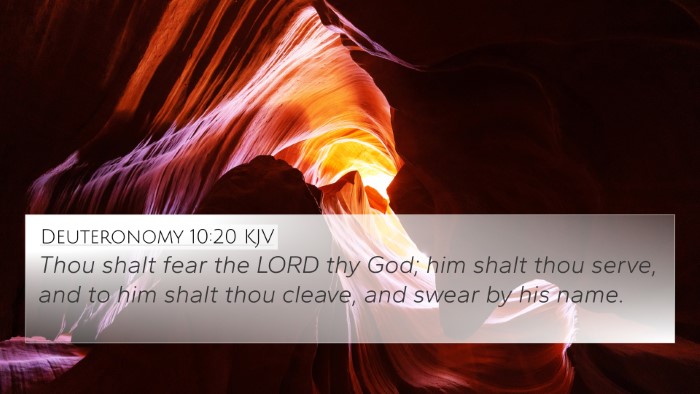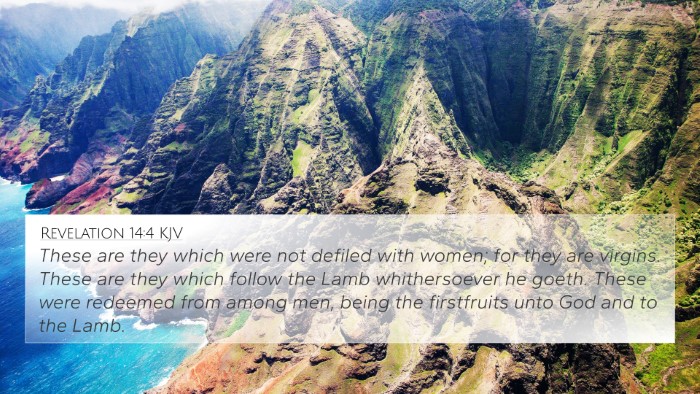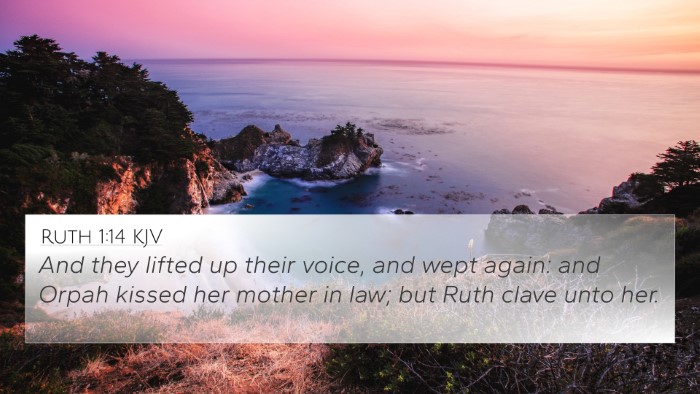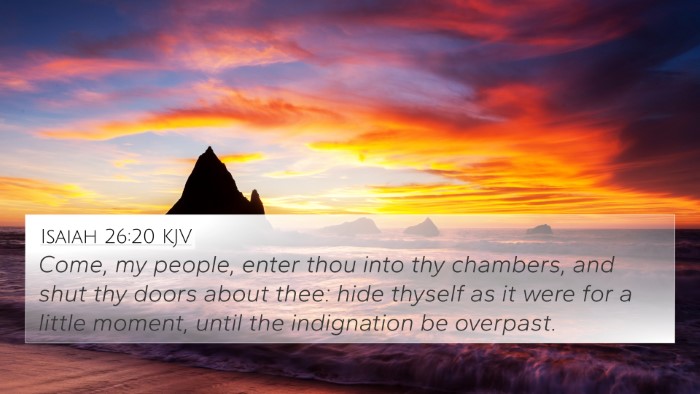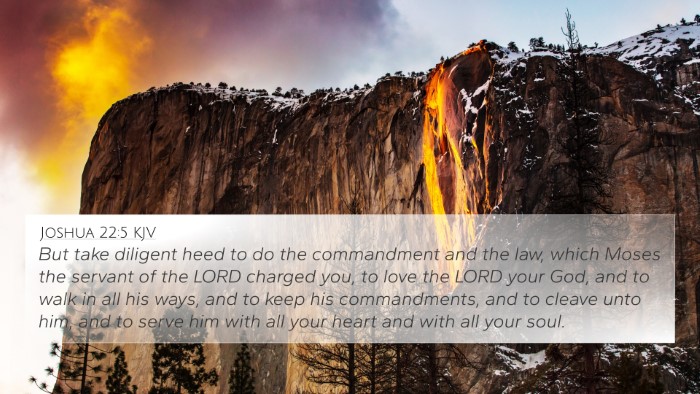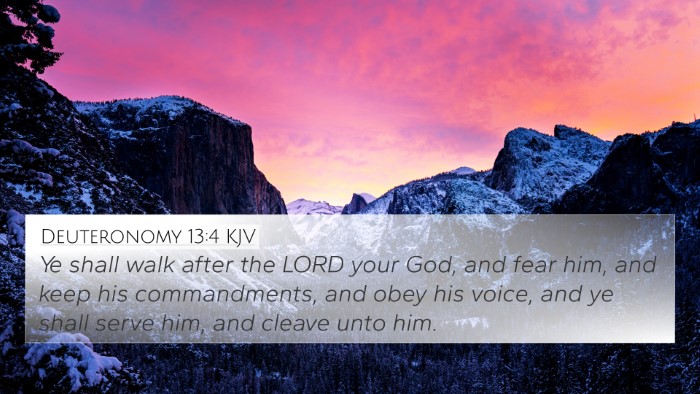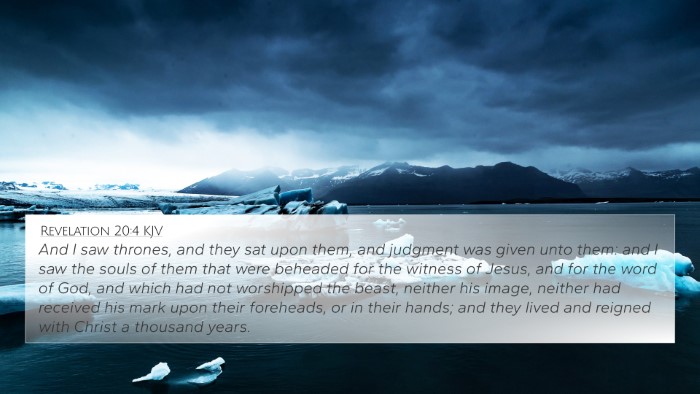Understanding Deuteronomy 4:4
Deuteronomy 4:4 states: "But ye that did cleave unto the LORD your God are alive every one of you this day." This verse emphasizes the importance of loyalty and adherence to God's will, illustrating a significant theme found throughout the entirety of Scripture.
Summary of Insights
This verse carries a profound message about the relationship between God's people and their commitment to Him. The insights drawn from public domain commentaries, such as those by Matthew Henry, Albert Barnes, and Adam Clarke, converge on several key points:
-
Loyalty to God:
Matthew Henry remarks on the necessity of cleaving to God, suggesting that the faithfulness of His people is a hallmark of their spiritual vitality. This loyalty is rewarded with spiritual life and blessings.
-
Divine Preservation:
Albert Barnes elaborates on the idea that those who maintain their devotion to God experience His preservation and protection. This reflects the broader biblical theme of God's covenant faithfulness.
-
Reminders of Consequences:
Adam Clarke notes that adhering to God's statutes ensures the well-being of the community. The verse serves as both a reminder and an encouragement to follow God's commands to receive His blessings.
Connecting Themes and Cross-References
Deuteronomy 4:4 has numerous connections to various Bible verses that reinforce its themes of loyalty, faithfulness, and God's protection. Here are several relevant cross-references:
- Deuteronomy 10:20 - "Thou shalt fear the LORD thy God; him shalt thou serve, and to him shalt thou cleave, and swear by his name."
- Joshua 23:8 - "But cleave unto the LORD your God, as ye have done unto this day."
- Isaiah 41:10 - "Fear thou not; for I am with thee: be not dismayed; for I am thy God: I will strengthen thee; yea, I will help thee; yea, I will uphold thee with the right hand of my righteousness."
- Romans 8:38-39 - "For I am persuaded, that neither death, nor life, nor angels, nor principalities, nor powers, nor things present, nor things to come, shall be able to separate us from the love of God, which is in Christ Jesus our Lord."
- Hebrews 10:23 - "Let us hold fast the profession of our faith without wavering; (for he is faithful that promised;)"
- James 4:8 - "Draw nigh to God, and he will draw nigh to you. Cleanse your hands, ye sinners; and purify your hearts, ye double minded."
- Psalms 73:28 - "But it is good for me to draw near to God: I have put my trust in the Lord GOD, that I may declare all thy works."
Thematic Bible Verse Connections
The themes in Deuteronomy 4:4 resonate with other passages across the Old and New Testament, providing a broad framework for understanding the significance of God's covenant relationship with His people. Notably:
-
Faithfulness:
This theme recurs throughout the Bible, notably in the context of God's unwavering commitment to His people, as seen in Lamentations 3:22-23.
-
Protection:
God’s promise of protection for those who adhere to His ways is a common narrative, observable in Psalms, such as Psalm 91.
-
Covenant Relationship:
The call to remain faithful and the assurances of life found in the covenant can be studied through the lens of other covenant passages found throughout the Torah.
Implications for Today
As readers explore Deuteronomy 4:4, it is essential to reflect on its relevance in contemporary faith contexts:
-
Personal Commitment:
This verse challenges individuals to evaluate their faithfulness to God and to consider the blessings associated with such loyalty.
-
Community Reflection:
The implications of cleaving to God extend to communal faithfulness and the collective experience of God's preservation.
Conclusion
Deuteronomy 4:4 encapsulates vital truths about loyalty, divine protection, and covenant faithfulness. Integrating insights from revered Bible commentaries enhances our understanding of this verse, while its connections with other scriptures underscore the cohesive message of the Bible regarding our relationship with God. This exploration not only enlightens individual faith journeys but also strengthens communal bonds within the body of Christ.
References for Further Study
For those seeking to delve deeper into the verse’s contextual meaning and connect it with other scriptural references, several tools for Bible cross-referencing can be employed:
- Utilizing a Bible concordance can aid in finding similar verses.
- For thematic studies, employing a cross-reference Bible study guide can facilitate connections.
- Consider exploring cross-referencing Bible study methods for a systematic approach.


